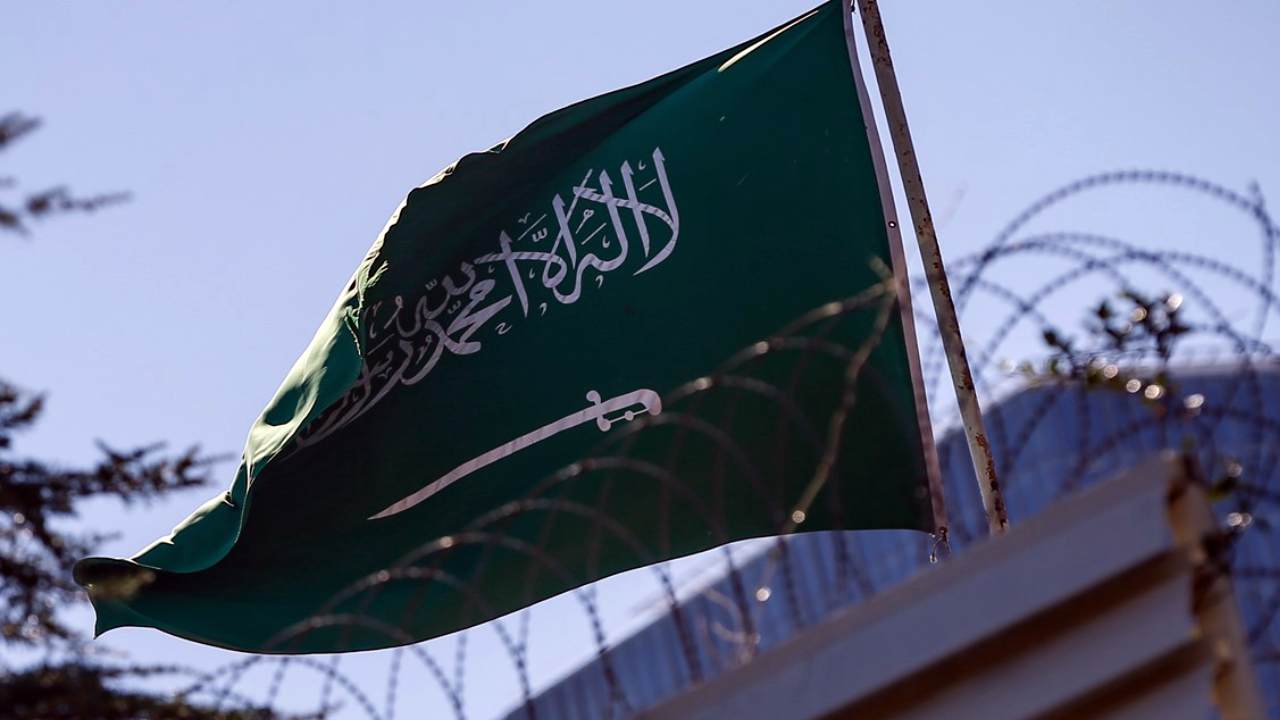In response to Saudi Arabia’s execution of 81 men on March 12, UN High Commissioner for Human Rights Michelle Bachelet said that evidence suggests that some of those executed were sentenced in trials that fell short of fair trial standards. In addition, the crimes that these people allegedly committed are not among the most serious crimes.
The recent execution is the country’s largest mass execution in years despite recent promises to curtail its use of the death penalty. The number of death sentences carried out on Saturday exceeds the number of executions carried out in Saudi Arabia in all of 2021.
“The death penalty is incompatible with fundamental humanitarian principles: human rights, the right to life and the prohibition of torture,” said Michelle Bachelet. She added, the refusal to provide relatives with information about the circumstances of the executions may amount to torture and ill treatment. The authorities are obliged to return the bodies of the executed to their families.
The UN Human Rights High Commissioner expressed her concern that Saudi law contains an extremely broad definition of terrorism, including non-violent acts that “threaten national unity” or “damage the reputation of the state.” This entails criminalising people exercising their rights to freedom of expression and peaceful assembly, Bachelet said.
“I call on the Saudi Arabian authorities to immediately impose a moratorium on the use of the death penalty and commute the death sentences already passed,” the High Commissioner said. “In addition, Saudi Arabia needs to bring its anti-terrorism laws into full compliance with international standards.”
Saudi Arabia has a criminal justice system based on a form of Shari’ah reflecting a particular state-sanctioned interpretation of Islam.
Execution is usually carried out by beheading with a sword but may occasionally be performed by shooting. Saudi Arabia performs public executions. Sentences are primarily given on confession. Human Rights Watch says, the majority of people are tortured to obtain confession and courts have not investigated it. As of April 2020, minors who commit crimes will no longer face execution when they turn 18, and would instead face a maximum of 10 years in the juvenile detention facility.
A 2018 report by the European Saudi Organization for Human Rights (ESOHR) asserts that the number of beheadings in the kingdom during the first quarter of 2018 rose by over 70 percent compared to the same period in 2017.


























